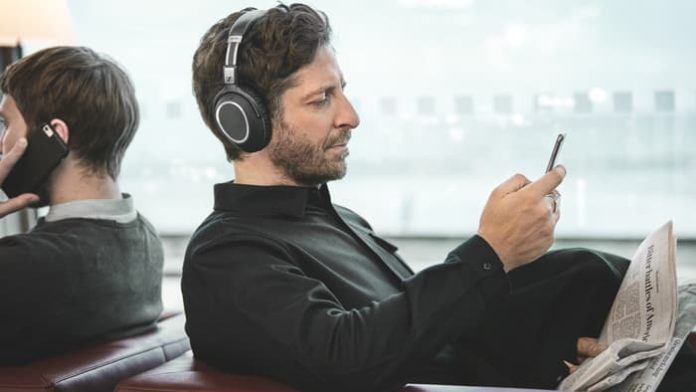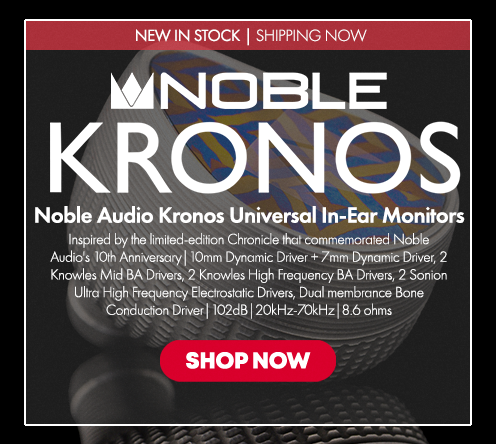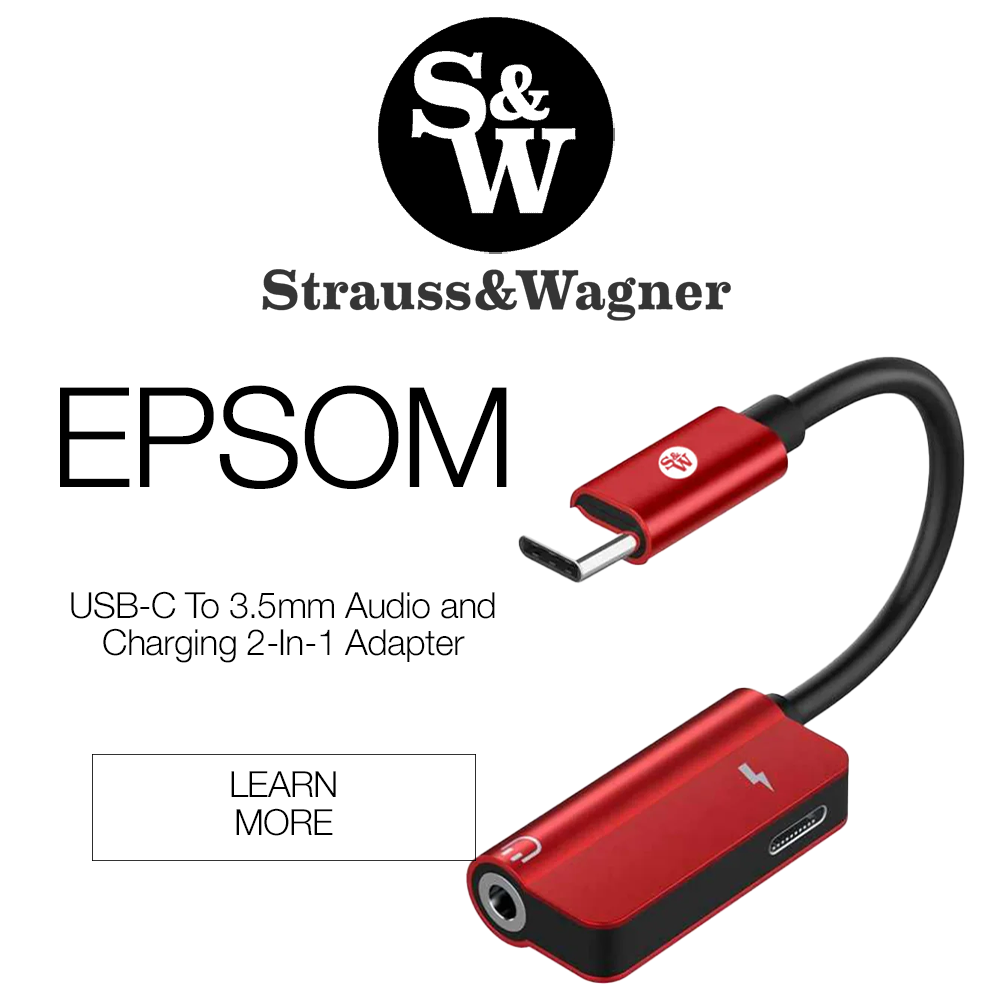Let’s help you make an informed headphone decision. Here are a list of your common wireless headphone questions answered.
Your Common Wireless Headphone Questions Answered
Are Bluetooth and wireless headphones the same thing?
Essentially, yes. Wireless headphone refers to a headphone that can communication with another smart device using radio signals. Bluetooth is the formal name of the patented global wireless communication standard that is used in headphones, cell phones, tablets to exchange data over a short distance.
Some headphones have NFC, what’s that?
NFC stands for Near Field Communication. It allows for the exchange of data over an extremely short distance (compared to Bluetooth) and it does not require a pairing process beforehand. In fact, the two devices connect almost instantaneously. In short, if your smart device and headphones have NFC, they can be paired to one another in an instant.
Do all wireless headphones have noise-cancelling?
No, not all wireless headphones are noise-cancelling enabled. Though, quite a few versions are. This is because wireless headphones are great for commuters. Noise cancellation is the added luxury of turning down the volume on your busy surroundings so you can hear whatever music or white noise you are playing.
Do I need to buy a separate cable or do my wireless headphones include a cable?
This question comes up way more than you think. Luckily for you, almost all wireless headphones include a detachable cable for wired use. I’ve only encountered two wireless headphones that do not include a detachable aux cable and those two are Audio Technica ATH-DSR9BT and Skullcandy Uproar Wireless.
If my headphones are a different version of Bluetooth than my smart device will they work together?
Yes. Bluetooth devices are actually backwards compatible, so there shouldn’t be an issue in doing so. Bluetooth 5.0, is the newest version which could possibly encounter issues with older versions. All previous makes should be perfectly fine.
I’ve heard audio quality suffers when using Bluetooth. Is this true? And if so, how terrible is it?
This is true. There is a trade-off when engaging in Bluetooth and it is unfortunately in audio quality. How terrible the audio quality is depends on the quality of the headphone and the quality of the build and technology. But, in general the quality is not awful. I think the difference in sound is only noticeable when performing a side-by-side comparison.
However, I’ll also argue, there are some Bluetooth headphones designed and stamped with the high-resolution seal of approval and they deliver exceptional audio quality over Bluetooth. Some of those headphones include Sony MDR-1000X and Sennheiser HD 1.
Do my Bluetooth headphones need an amp?
No, your headphones will not. Bluetooth headphones are designed for commuters and are subsequently built to be driven at a lower impedance and are
Do I need to burn in Bluetooth headphones?
No, because burning in your headphones is like breaking them in. This “theory” is usually associated with audiophile-grade headphones and involves audio-enthusiasts pumping various types of audio on-loop through their headphones for extended periods of time. This theory isn’t adopted by all and certainly isn’t necessary for Bluetooth headphones.
Did we miss anything in our “Common Wireless Headphone Questions Answered” article? Let us know below.
MAJORHIFI may receive commissions from retail offers.








